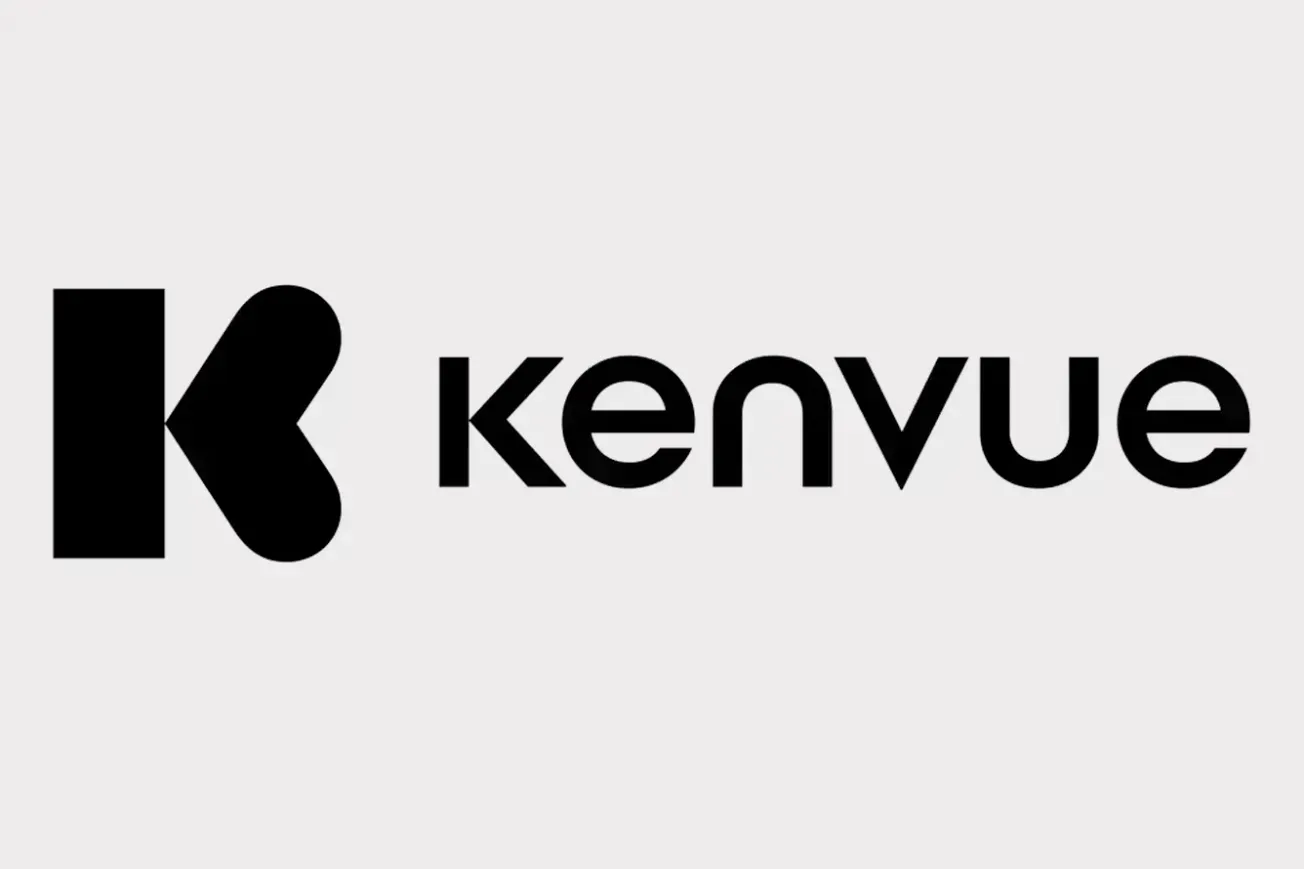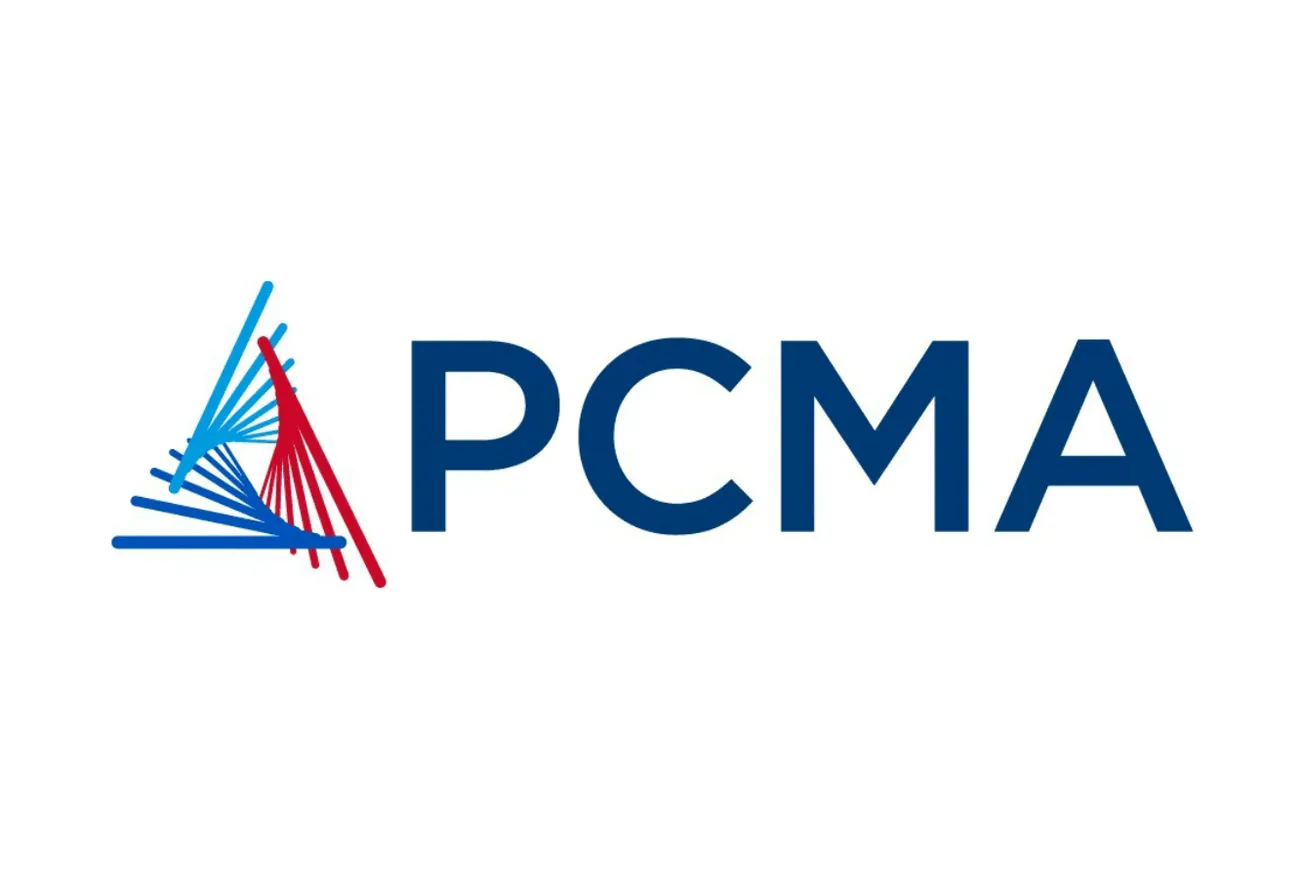PARSIPPANY, N.J. — Leo Pharma Inc. has gone live with an expanded website for its Taclonex topical medications for psoriasis.
The company said Thursday that updates to the www.taclonex.com site include the addition of product information for both Taclonex Ointment (calcipotriene 0.005% and betamethasone dipropionate 0.064%) and Taclonex Scalp Topical Suspension (calcipotriene 0.005% and betamethasone dipropionate 0.064%), along with improved usability and navigation.
In addition, eligible psoriasis patients can also download a personalized patient savings card for Taclonex Ointment and/or Taclonex Scalp prescriptions.
"Increasing numbers of patients turn to the web for information about psoriasis and available treatments," stated John Koconis, president and chief executive officer at Leo Pharma Inc., the U.S. subsidiary of Denmark-based Leo Pharma A/S. "We have enhanced the site so that patients can more easily discover information about Taclonex brand products, the only once-daily prescription combination therapies for plaque psoriasis on the market."
A chronic disease of the immune system, psoriasis affects about 125 million people worldwide, Leo Pharma reported.
The company said that according to the National Institutes of Health, more than 7 million American adults have been diagnosed with psoriasis, and 80% of them have plaque psoriasis. Plaque psoriasis generally appears as patches of raised, red skin covered by flaky white buildup of dead skin cells. These patches most often appear on the scalp, knees, elbows and torso, and the spots are often itchy and painful and can crack and bleed.







